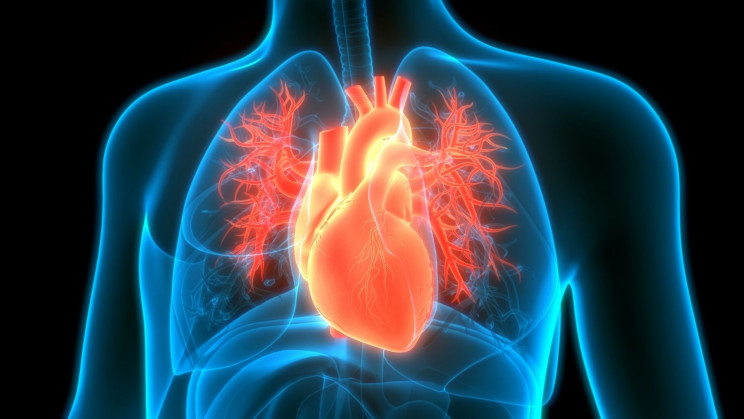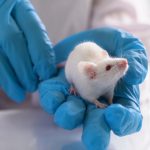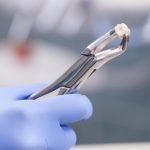
Pacemakers are life-saving medical devices used to control and correct different forms of irregular heartbeats. The small device is implanted in the chest to keep the heart’s rhythm going, but the way it regulates the pace of the heartbeat is much different from the heart’s natural beat.
Scientists are planning to test out a new device that more accurately mimics this natural timing, and following successful animal studies, the “revolutionary” pacemaker is now expected to be trialed in New Zealand this year.
A team of researchers led by Julian Paton from the University of Auckland developed a “bionic” pacemaker called Cysoni, a device that responds to the body’s signals in real-time. This device would monitor respiration and alter heart rate accordingly rather than ticking along at a constant rhythm.
The body keeps the time
“If you analyze the frequencies within your heart rate, you find the heart rate is coupled to your breathing,” “It goes up on inspiration, and it goes down on expiration, and that is a natural phenomenon in all animals and humans. And we’re talking about very ancient animals that were on the planet 430 million years ago.”
Inspired by this, the researchers began to investigate the possibility of developing a new type of pacemaker twenty years ago to treat patients with heart failure. This is a condition in which the heart cannot pump enough blood to meet the body’s needs, and it’s characterized by a loss of natural heart rate variability, which is beyond the capabilities of today’s pacemakers. Since the heartbeat of people with this condition is not modulated by their breathing, the scientists decided to see if putting the heart rate variability back into animals with heart failure would do any good.
Their bionic pacemaker is intended to restore heart rate variability by monitoring the lungs and detecting the electrical signals generated by the body as it breathes. According to the study, it then utilizes precisely timed impulses to speed up and slow down the heart as needed.
The device saw positive results in rats, so the researchers moved onto sheep, and now they believe they have discovered a way to reverse heart failure, which has proved to be beyond modern medicine thus far.
“Currently, pacemakers trigger a metronomically steady beat, but this study shows introducing a natural variation in the heartbeat improves the heart’s ability to pump blood through the body,” Rohit Ramchandra, study author, said. “The other big news is that we get a 20 percent improvement in cardiac output, which is effectively the ability of the heart to pump blood through the body. And 20 percent is a big number.”
And while current pacemakers generally improve in heart function, the new bionic pacemaker “has far exceeded our expectations,” said Dr. Martin Stiles, a cardiologist who will lead the trial. “This discovery may revolutionize how heart failure patients are paced in the future.”


Comments are closed